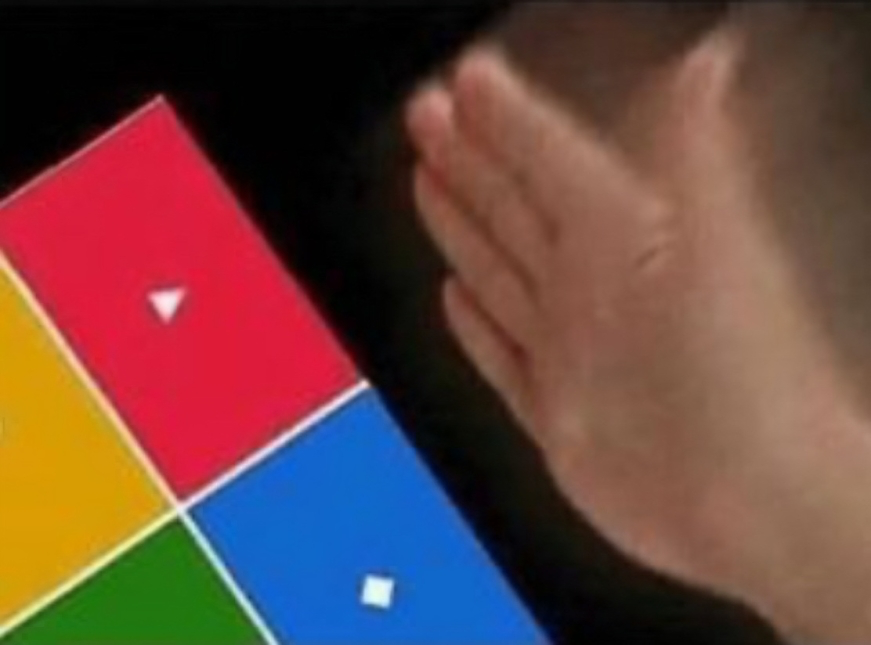
It is commonly known in the game Kahoot that not only does answering a question correct matter, but also the speed in which you choose that correct answer determines the amount of points you will gain.
Have you ever played a review game in class and realized… wait, I actually remember this stuff now? It’s kind of wild how something as simple as Kahoot can take a boring vocab list and turn it into a full-on competition. Suddenly, you’re not just studying—you’re trying to beat your best friend for first place.
In a world where students are constantly battling burnout and boredom, games can come in and give students a burst of motivation. Quizlet flashcards feel more like a memory challenge than a chore. Quizzizz turns class into a leaderboard. IXL—okay, maybe IXL still feels like homework—but it’s still interactive.
While adults often criticize technology for being a distraction, it’s also becoming one of our greatest tools. Science is catching up to what students have known for years: learning can actually be fun. And fun doesn’t mean lazy. It means curious, engaged, and maybe even excited to show up for class.
At Galileo High School, most students agreed that games help them learn better. Not just in a “this is easier” kind of way, but in a “this actually sticks in my brain” kind of way. Out of 30 responses, 25 students said games made a positive impact on their education. That’s not a small number—that’s a high score.
“It can help make learning easier and more fun, which can help kids be more interested in learning,” said Brandon LaRoss, a 10th grader who gets it. His classmate Cole Gauldin added, “It adds a fun twist to what some would see as just another boring day at their ‘jobs.’ ” And he’s right—sometimes school really does feel like clocking in.
Even seniors like Yasmin Hemdan see the value, calling games “creative and engaging” tools that go beyond memorization and actually build real skills. Problem-solving, teamwork, critical thinking—these aren’t just buzzwords. They’re skills that show up in everything, from test preparation to real life.
Of course, not everyone’s convinced. Senior Alan Salazar pointed out that games often get tossed in the “distraction” category. And let’s be honest, sometimes they are. But that doesn’t mean they’re useless. Like anything else, they just need purpose.
At the end of the day, education isn’t one-size-fits-all. While some students thrive with notes and lectures, others might need something a little more hands-on, fast-paced, or just fun. And if a game can bridge that gap, then why not use it?
Maybe it’s time we stop thinking that fun and learning have to be separate. For a lot of us, the moments when we’re most engaged—when we’re laughing, competing, or just trying to win—are the same moments when the lessons actually stick. If school can feel a little more like that, then maybe more of us would start showing up not because we have to, but because we want to.